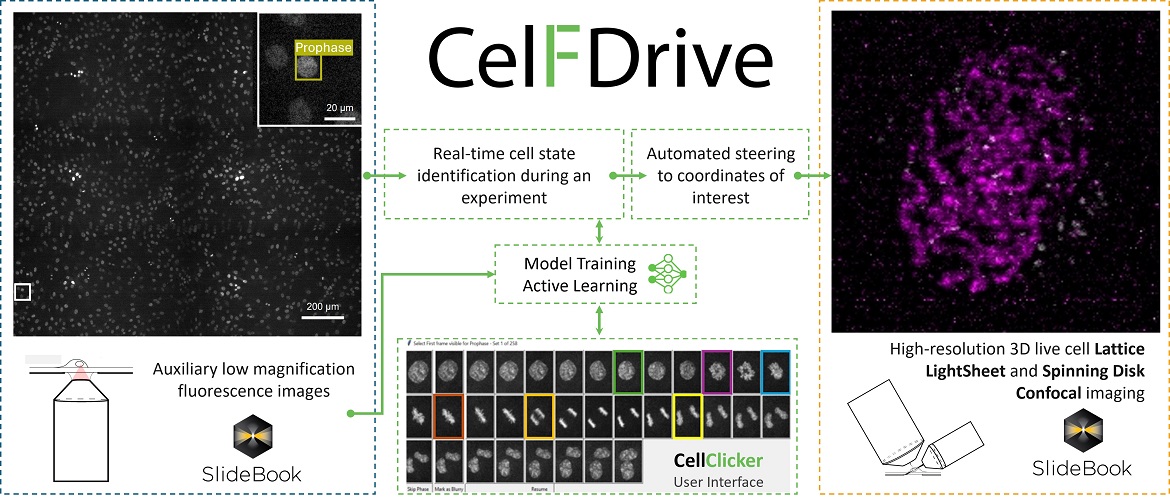Data Science News
Kaihua Qin joins the department as an Assistant Professor
We are happy to announce that Dr Kaihua Qin has joined the Department of Computer Science as an Assistant Professor. Before joining Warwick, he was a researcher at Yale University and completed his PhD at Imperial College London.
Kaihua’s research spans computer security with a particular focus on blockchain systems. His past work has revealed critical vulnerabilities in blockchains, such as MEV and imitation attacks, which affect multiple layers of the stack, from networking and consensus to applications. His current work aims to establish provable security for decentralized systems, drawing on techniques from program analysis, distributed computing, formal verification, applied cryptography, and game theory.
In addition, he is actively exploring the use of AI for security, leveraging recent advances in large language models to enhance vulnerability discovery, assessment, and mitigation across a variety of systems.
We welcome him to the department!
Workshop Algorithms & Complexity @ Warwick
The workshop Algorithms & Complexity @ Warwick took place at the University of Warwick on September 22-23, 2025 (see https://sites.google.com/view/algorithmscomplexitywarwick2/home for more details).
The aim of the event was to highlight several recent exciting advances in the field of Algorithms and Complexity, to facilitate interactions within the research community, and to provide an excellent opportunity for Theory researchers (including academics, postdocs, and students) to connect and collaborate.
We had a fantastic list of invited speakers by renowned world experts: Albert Atserias (Technical University of Catalonia), Raheleh Jalali (University of Bath), Sanjeev Khanna (University of Pennsylvania), Tomasz Kociumaka (Max Planck Institute for Informatics), Michal Koucký (Charles University in Prague), Or Meir (University of Sheffield and University of Haifa), Rahul Santhanam (University of Oxford), Thomas Sauerwald (University of Cambridge), Roei Tell (University of Toronto).
Warwick Computer Science and Medical School researchers team up with Intelligent Imaging Innovation to develop smart microscopy tools
We are delighted to congratulate Dr Scott Brooks, a former DCS graduate (MEng, 2016–2020), on his new role as a Knowledge Transfer Partnership (KTP) Associate.
Following the successful completion of his iCASE PhD, supervised by Professors Till Bretschneider (DCS) and Andrew McAinsh at Warwick Medical School, Scott has been awarded a 30-month KTP position, funded by Innovate UK. In collaboration with Intelligent Imaging Innovations (3i), he will develop smart microscopy software (CelFDrive) building on the prototype tools he created during his PhD.
Scott’s work leverages machine learning to automatically identify cells with rare or subtle biological features, often missed by human observers, enabling faster and more accurate analysis. This innovation accelerates fundamental biological research and establishes a foundation for high-throughput drug discovery.

For more details, see the official announcement:
https://warwick.ac.uk/news/pressreleases/warwick_secures_ktp_for_AI_assisted_microscopy









